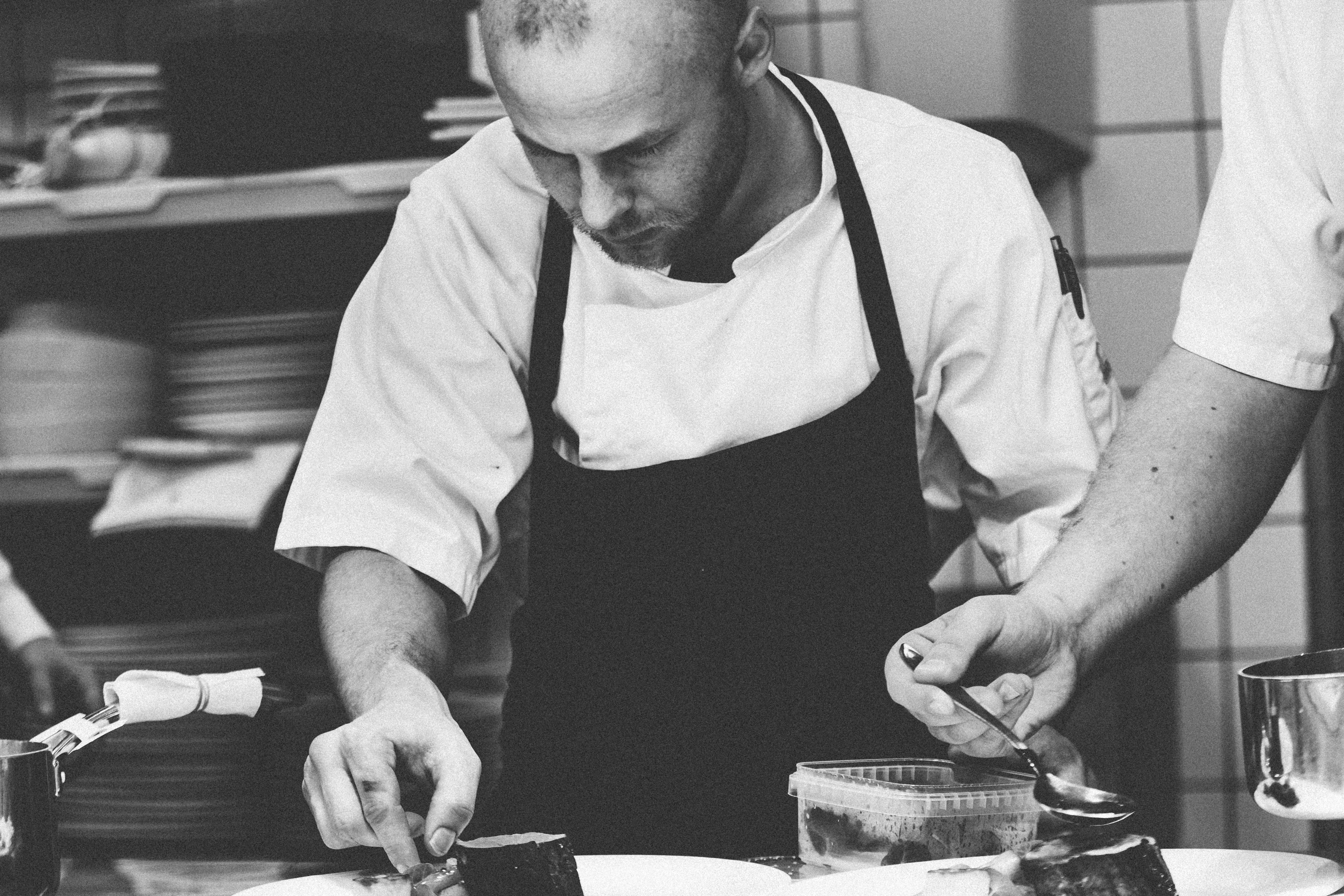They say don’t look a gift horse in the mouth. But if you’re offered one of these ‘dream’ jobs, you’d best have the vet on speed-dial.
Extra-ing
Ever watched the extras in the background of a movie frame and thought “I could do that”? Well, you’re probably right – you could. Whether you should want to is a different matter.
Film shoots are notoriously stressful places. On a set in full swing, time is money, and narrow shoot windows mean a constant barrage of irritable commands from even more irritable Assistant Directors. It will inevitably be too hot, too cold or set in a desert-based gulag. Even if you love feeling like a moving meat packet as runners thrust you about a damp, mildew-bathed backdrop, you’ll be lucky not to get bored as you repeat the same motions a hundred times in a row in utter, dreary silence.
Extras – or ‘support artists’, to give them their technical title – are two a penny. You’re not going to win any awards walking across a road in the indistinct distance of a close-up. Sure, there’s free food and the pay’s okay at £100/day. But half of that will be eaten by agency fees, and the jobs are hard to bag anyway.
Finally, if you’re expecting glitz and glamour, or the opportunity to learn about the craft of filmmaking, put your dreams back in their box. Film crews are far too busy doing actual work to bother with the likes of you. As for the leading talent, you won’t get anywhere near them unless it’s in character. But that’s cool – Starved Prisoner #4 was always the main role anyway, right?

Pilot
Tom Cruise in Top Gun aside, the pilot’s life isn’t all snazzy garms and homoerotic high-fives. Becoming a commercial pilot means international travel on a daily basis, but it also means long hours and unearthly call times. Typical attendance to the airport is early – i.e. five in the morning – while release can push up to midnight.
It’s a stressful life in the air. Though it’s rare for planes to malfunction, you can be sure the pilot is blamed when they do. And there are always the crashes, the shootings and hijackings, with one particular 2001 date looming large over the rest.
Then there are the medical requirements. US pilots must undertake a six-monthly physical assessment, while RAF applicants must demonstrate good physical fitness, decent eyesight and fall within a particular BMI range. So if that childhood allergy to the gym has developed into an adult phobia, this probably isn’t the career for you.
Models
Sure, you’ve heard the stories. You know about the eating disorders, the relentless insults, the uncomfortable clothes and the long hours. But even with all this knowledge, it can be hard not to envy the ‘model lifestyle’, replete with freebies, sequins and fancy, celeb-strewn parties.
The truth, at least for most models, is darker. First there’s the travel. If you want to make money as a clotheshorse, you have to be willing to relocate to other continents at the drop of a hat. Every year, thousands of wannabe models are flown by agencies to New York and L.A. These live en masse in ‘model houses’ of bunk beds and closet toilets, being ferried like cattle between castings. Glamourous? Mais non.
It’s no secret that eating disorders run riot through the industry, but it’s seldom mentioned what long-term damage these illnesses cause. Ruining hair, teeth, skin and reproductive systems, severe anorexia can easily lead to stints in hospital and even death. Being thin and on a runway doesn’t make you happy. Three meals a day does.
Finally, it’s a difficult industry to survive in. Shoots are hard work and, though a model might attend up to ten castings a day, difficult to book. Hey, if Cara Delevingne couldn’t hack it…
Chef
Oh Masterchef! You have a lot to answer for. I don’t know where they get them, these bright-eyed, sweaty-knuckled, potty-mouthed middle-class people who every year enter that stained metal kitchen. Because gastronomy is not a glamourous industry – far from it – and certainly not for the faint-hearted.
The culinary career boasts par-for-the-course night shifts, early mornings and unusual holidays – because restaurants are in full flow on weekends, after all. Sick policies are non-existent and in some kitchens you’re more likely to be skinning the bird than putting the finishing touches to a coq au vin.
As Anthony Bourdain writes: “Are you the type of person who likes the searing heat, the mad pace, the never-ending stress and melodrama, the low pay, probable lack of benefits, inequity and futility, the cuts and burns and damage to body and brain—the lack of anything resembling normal hours or a normal personal life? Or are you like everybody else? A normal person?”
Quite.

Event planning
Sure, we’d all like to be Jennifer Lopez in The Wedding Planner. If riding horses, picking out flowers and falling in love with dreamy brides/grooms are all we have to do for a living, sign us up!
Of course, the reality of event planning is completely different. According to surveys, events professionals work up to 17 hours a day in peak periods and up to 72 hours without sleep. UK event managers earn an average of under £23k, and that’s better than the rest of the world. 50-60 hour weeks are not uncommon and, in fact, 83% of events professionals believe stress is a problem in the sector. And let’s not even start on stressed clients and budget monitoring.
So before you settle on that ‘dream career’, take a step back. Ask yourself: would I do this if it meant compromising my relationship, my hobbies, my health and my entire sense of self? If the answer’s no, you know where to go: back to the drawing board.
Susanna writes for Inspiring Interns, a graduate recruitment agency which specialises in sourcing candidates for internships and giving out graduate careers advice. To hire graduates or browse graduate jobs London, visit their website.